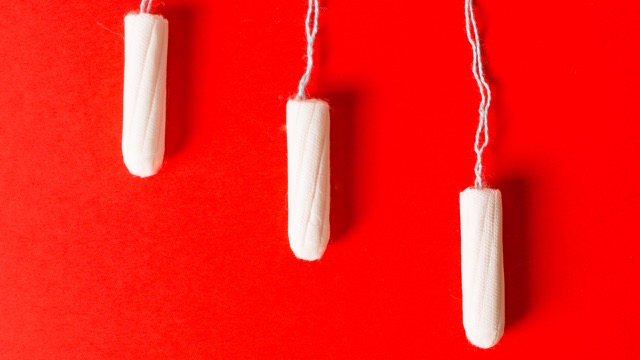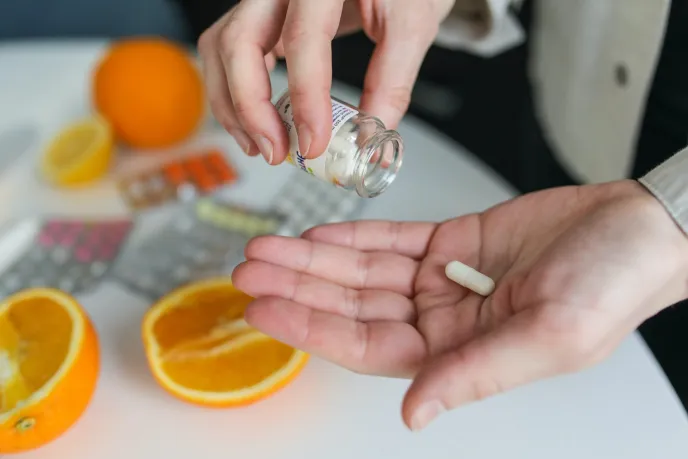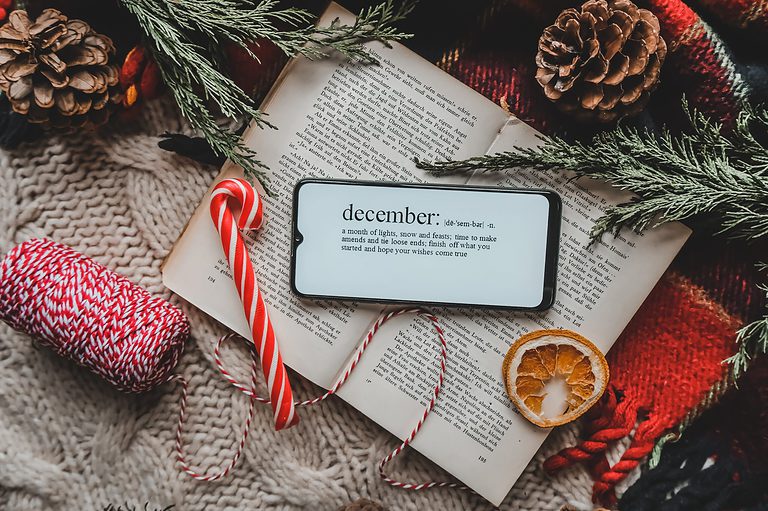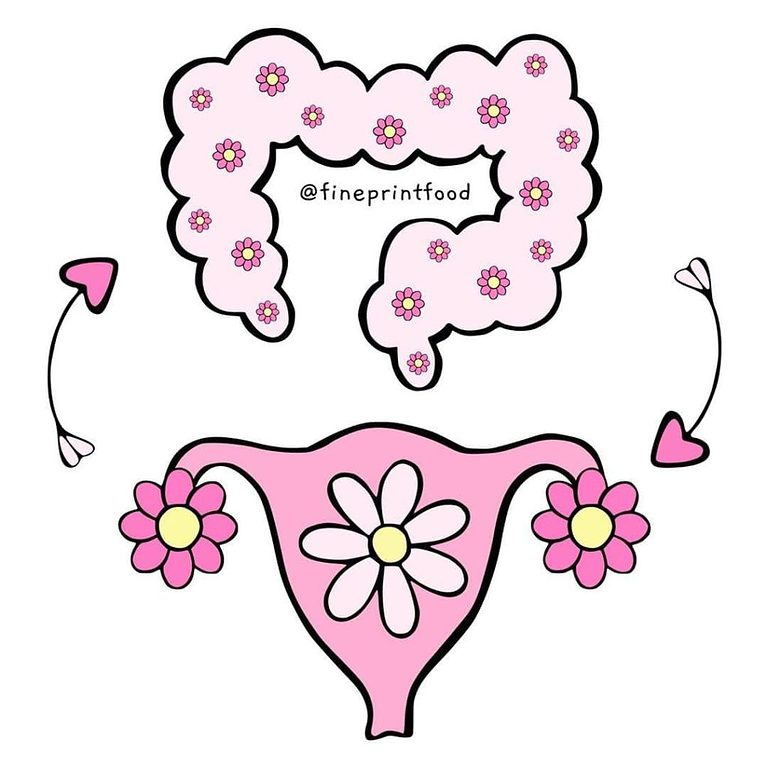Menstruation, periods, aunt flow (AF), shark week – whatever you call it, it is a fundamental reality of being a woman.
Your period has been hailed as the fifth (or sixth) vital sign of health alongside blood pressure, temperature, pulse and breathing rate.
Yep, it is THAT important, ladies.
So, when something isn’t quite right with your periods, this is a cause for investigation and leaves many women who come to see me wondering “how can I get my period back, naturally…?”
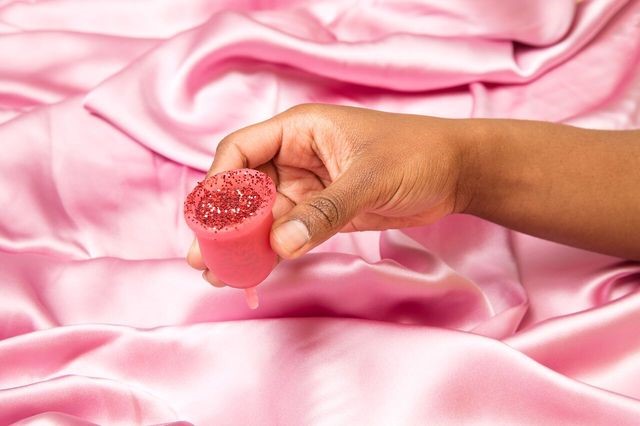
So… Your Period is MIA!
Don’t panic! Every one of your cycles are unique and different, so if not getting your period every month to the date is normal for you, don’t fret. In saying this, if you haven’t had your period for over 3 months, without any medical reason (and you know that you are definitely not pregnant, obvs), perhaps something else is going on.
Amenorrhoea is the term used to describe an absence of menstruation. Besides the obvious (no monthly bleeding), you may also experience some other symptoms:
- Hair loss
- Headaches
- Vision changes
- Excess facial hair
- Acne
There are two types of amenorrhea.
- Primary amenorrhoea: you are over 15 years old and have never had a period.
- Secondary amenorrhoea: your period has ceased for more than 3 months (or 3 consecutive cycles) – and you have ruled out pregnancy and other causes like PCOS.
Learn more about food and your period.
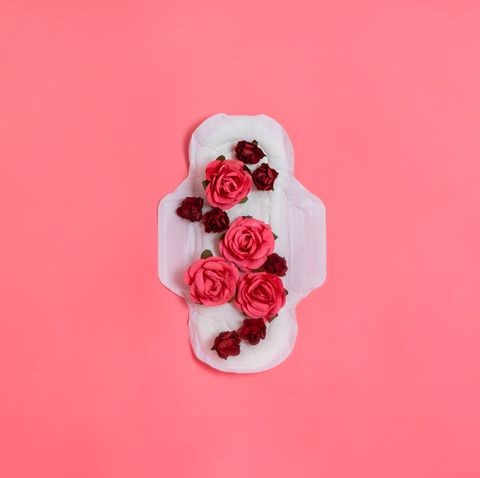
3 Strategies to Help You Get Your Period Back
I strongly recommend heading to see your local health professional, either your GP or gynaecologist, if this is you! However, in the meantime, here are 3 strategies that you can do to help get that period back, girl.
1.Healthy Amounts of Body Fat
Low body weight, actually it is low body fat that is important, will leave many of your reproductive hormones coming to an absolute halt. Your body is going into preservation mode, it prioritises organ functions that keep you alive, and unfortunately carrying a baby isn’t at the top of the list.
You could have a perfectly “normal” weight, but if you have plenty of muscle mass and are pretty lean on the body fat, this can still happen to you! This is why getting an understanding of your body composition through a DEXA scan or getting a skin fold assessment done can be so important!
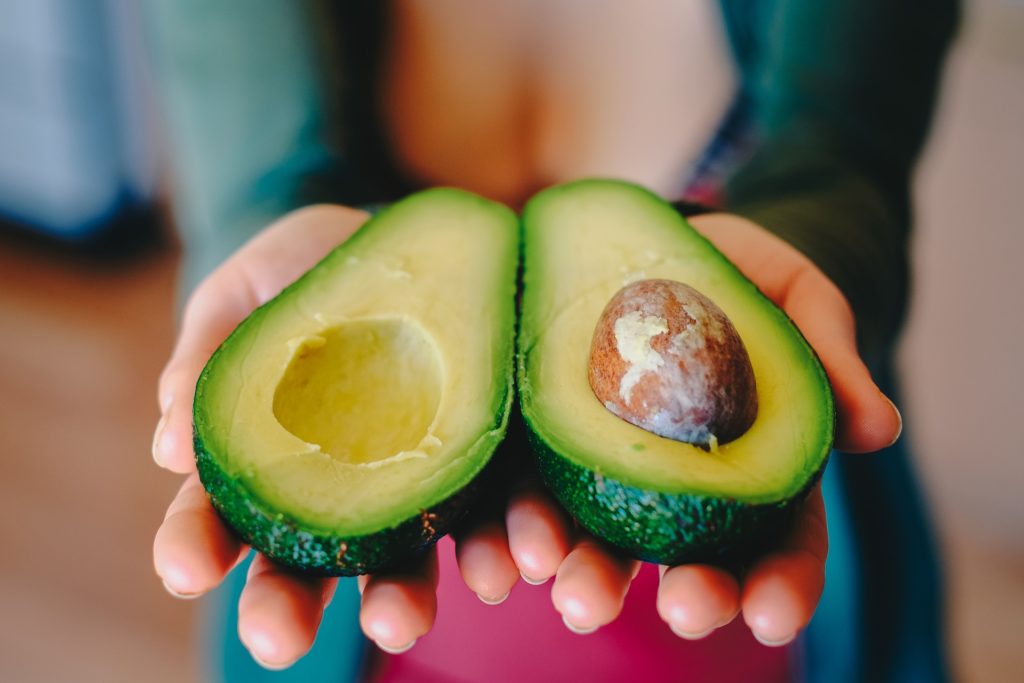
Many past or present elite or recreational athletes may experience this, which is commonly referred to as “hypothalamic amennorrhoea”. Some women also experience this many years after a clinical eating disorder diagnosis in their younger years. In fact, reinstating your menstrual cycle is one of the key indicators of sufficient restoration
Additionally, excessively high body fat (irrespective of your weight) may be another reason why your period is MIA. Too much body fat may lead to an excessive production of oestrogen, which in turn may affect your reproductive system (Seif et al., 2015).
2. Don’t Ditch the Carbs!
Whilst a lower carbohydrate diet is really popular at the moment for weight loss. A very low-carb diet can, in fact, can cause hormone disruptions in some women! This could be due to an interaction with our hormone levels, particularly stress hormones (cortisol and adrenaline) and appetite hormone (leptin).
Evidence is quite scarce at this point, however, one study followed 20 teenage girls following the ketogenic diet, and 45% of the girls experienced menstrual problems, with 6 of them experiencing amenorrhoea (Ebbeling et al., 2012).
So enjoy those carbohydrates, load up on low GI, high fibre sources, such as wholegrain bread, brown rice, wholemeal or pulse pastas, quinoa and fruit and veg – at most meals!
3. Relax
Easier said
than done in fast-paced modern society is actually taking time out to do
nothing (and not feel guilty about doing nothing).
Stress management is a key skill that every woman has to master. And this is
because stress can contribute to your period being no where to be found!
Our bodies are fascinating – when we experience stress, our body will produce two main hormones called cortisol and adrenaline, which in large amounts can in fact inhibit the production of female reproductive hormones oestrogen and progesterone, which play a huge role in our menstrual cycle (Gollenberg at al., 2010).
Some suggestions for relaxation include:
- Exercising – but not excessively, you may need to press pause on the high-intensity interval training and swap this for gentler walks and yoga.
- Reduce your workload – perhaps you’re stressed at work, or you have bitten off more than you can chew? (I suffer from overcommitment syndrome too, girl) Whatever it is, maybe you need to cut back, and simply start saying “yes” to more me-time!
- Spend time doing something you love, and with people you love!
- Meditation, yoga or engaging in mindfulness – there are some great apps out there!
- Eat a serving of your favourite food and savour it!
Don’t forget to read my blog about foods to boost progesterone levels!

Other possible reasons you may have ‘lost’ your period may be excessive exercise, some health conditions such as PCOS or perhaps you have just come off hormonal birth control? Get professional nutrition guidance from an expert women’s health dietitian.
Are you worried about your menstrual cycle, noticed unusual changes recently, or simply want to chat to a women’s health dietitian? Apply for a FREE 15 minute discovery call with us here and we can look into ways to regulate your menstrual cycle.
This blog was co-written by Kaylee Slater, graduate dietitian. You can find Kaylee on Instagram and connect with her on LinkedIn.

